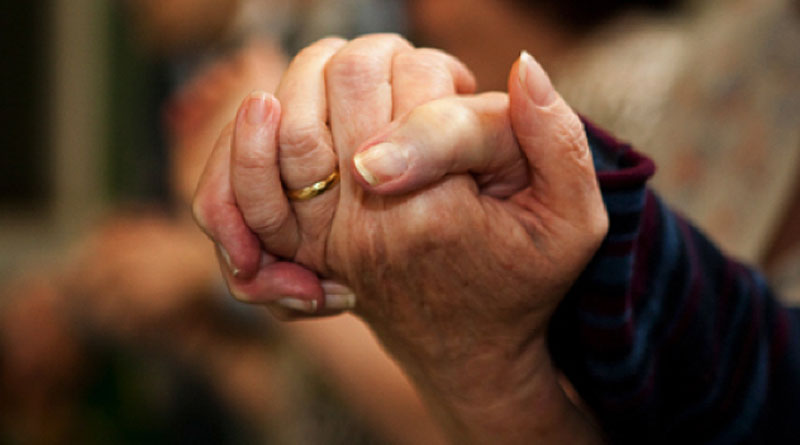Shortage of Care the ‘Perfect Storm’ Charity Warns
Unpaid carers and the older and disabled people they support are facing serious difficulties getting NHS treatment and their health is deteriorating as a result, new findings by charity Carers UK show.
A third of carers (34%) waiting for specialist treatment or an assessment have been waiting more than a year – with a similar proportion, 31%, saying the person they care for has also been waiting for more than a year.
It is affecting a third (32%) of carers’ attendance at work, rising to 45% of carers who have been waiting for more than 18 weeks.
Two thirds of carers (67%) waiting for treatment say it is having a negative impact on their mental or physical health – with many left in pain and unable to carry out their caring role.
A lack of reliable support from care services in the community is seeing one in five carers (22%) tell Carers UK that their loved one’s emergency admission into hospital could have been prevented with higher quality care and support in place.
Half of carers (49%) felt that NHS staff did not provide them with the information, advice and support they needed to care well and safely, putting their own health and wellbeing at risk.
The findings paint a bleak picture of increasing pressure on unpaid carers as they manage worsening health, compounded by the fundamental shortage of care services meaning they cannot take a break or stay in work to generate an income.
Helen Walker, Chief Executive of Carers UK, said:
“Gridlock in hospitals and lengthy NHS waiting lists, combined with a perpetual shortage in care services and the cost-of-living squeeze is forming the perfect storm for unpaid carers to collapse. They have nowhere to turn.
“The backbone of our NHS and social care systems, unpaid carers have been completely overlooked for support. Without it, we will only see more carers crumble – and more pressure applied to our already over-stretched services.
“To start, the NHS must prioritise carers when addressing the backlog of treatments, recognising the impact of waiting on their ability to care. It is important that there are specific workers in place during the hospital discharge process to ensure carers are included and supported to care safely at home.
“To relieve the pressure on families and hospitals it is vital that the social care system gets the sustainable long-term investment it so desperately needs, and that there is dedicated funding to support carers as part of winter planning.”
Carers UK is also urging the new Prime Minister to uprate carer benefits in line with inflation at the earliest opportunity so that hard-pressed carers can afford to eat and heat their homes, with the cost-of-living crisis also impacting their health.
The rising costs of care services is worrying carers, with a quarter (25%) saying the cost of care is too high and more than half (58%) worried they won’t be able to afford services or practical support in the future.
Carers UK wants to see those entitled to Carer’s Allowance – the main benefit for people caring unpaid for 35 hours or more each week, – to receive a winter top up payment of at least £500, as has been delivered in Scotland and Wales, to help them manage over the coming months. Carers receiving Carer’s Allowance were more likely than other carers to report ‘bad’ or ‘very bad’ physical and mental health.
You can read the report in full here.






